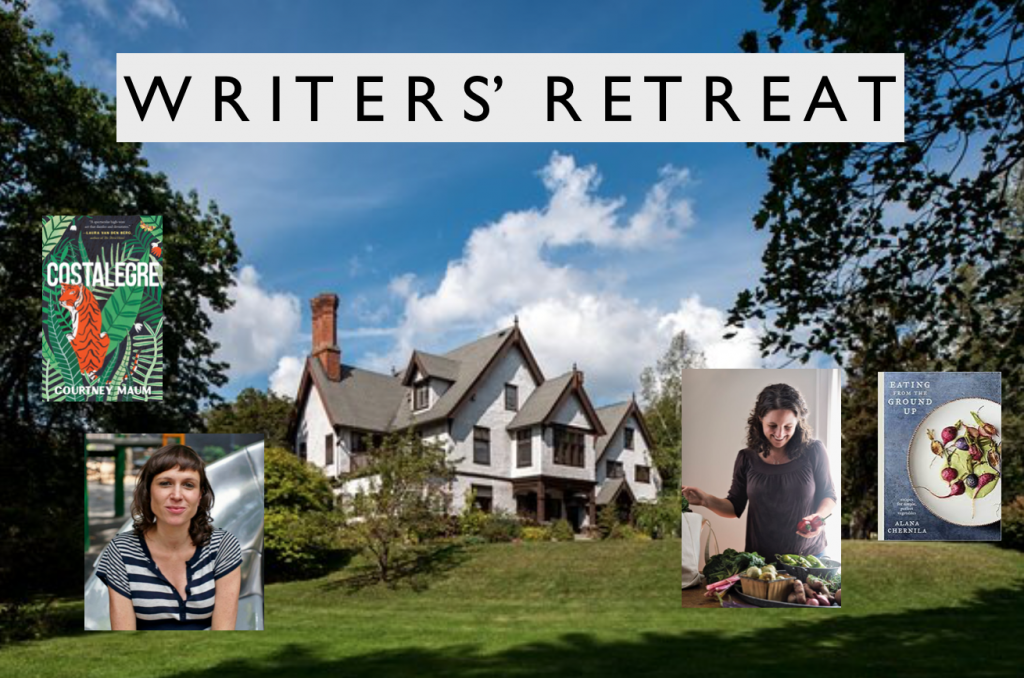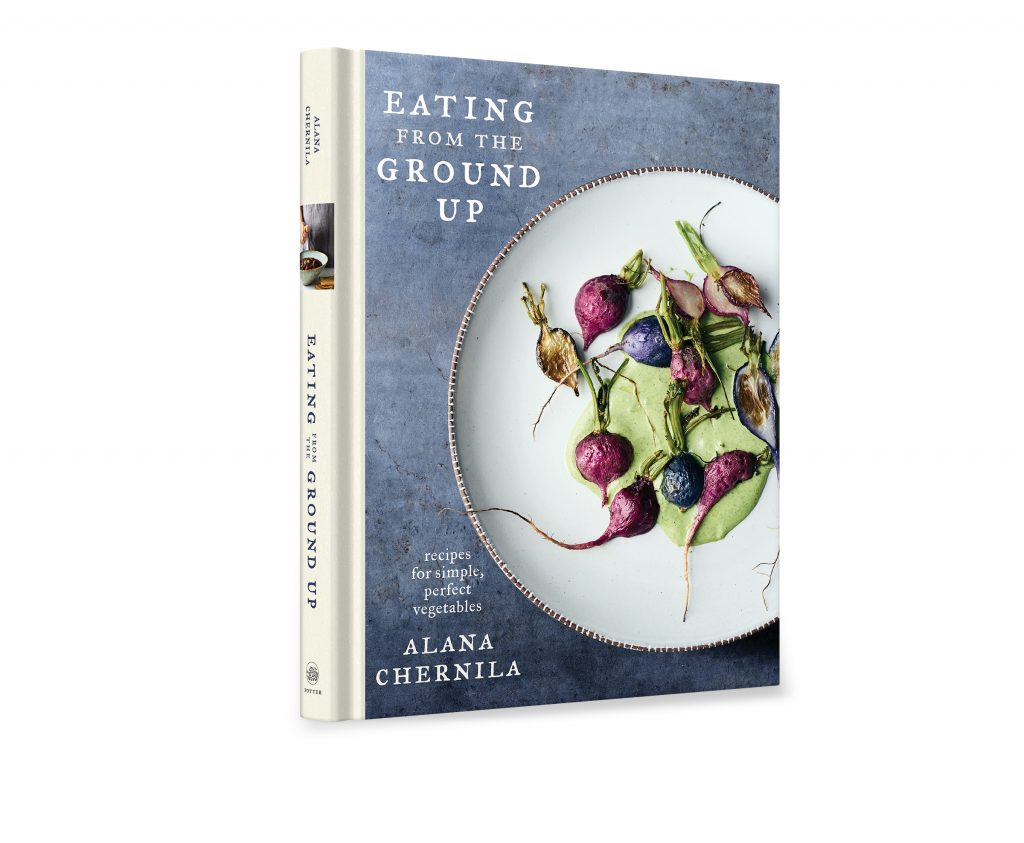This morning, Sadie woke us up pretty early. She had set up little bowls of dye from a kit scored from the dollar store earlier this week. She ran into our bedroom, jumping up and down, chanting, “Can we dye eggs now?”
We rolled out of bed, and she continued to dance around us as I stumbled through coffee preparation. “What do I do? What do I do.”
“The thing is,” Joey said in some sort of Israeli- Indian accent for extra effect. “Your Mamma and Poppa are Jewish, and we have no idea what to do.”
Really, that is only a half truth. We are sort of Jewish. We are genetically Jewish and a little bit culturally Jewish. We were raised with Brooklyn old people and bagels, with intermittent Yiddish cusses, and with distant second cousins who may have showed us the terrifying and mystical tattoos on their forearms, those badges of ultimate strength and survival.
Yes, we are Jewish. But our Grandmothers are gone on both sides, and this week, we brought the girls to their very first seder.
It was a lovely one- held in a little house on the grounds of Gould Farm, where my parents live. A passionate and liberal young Jewish volunteer at the farm had amalgamated her own Haggadah, and it was filled with inspiring messages of social justice, of curing the current plagues of racism, homophobia, poverty, and the like. It focused on the spring ritual of Passover, and of our own rebirth at this time. The girls loved it, and they ate their matzoh and charoset with gusto. It felt really good to be there.
When we got home, Sadie asked me the question that she had asked earlier in the day. “So what is Passover? Why is it called that?” I took a breath and gave it a shot.
“Well, when the Jews were enslaved in Egypt, they asked God, or the Great Spirit, or you know, Nature, to help them out, and he, I mean it, I mean, I don’t know, sent all of these horrible things to the Egyptians to convince them to release the Jews, and all the first born sons of the Egyptians were killed, and the Jews were told to put bl- I mean, a mark on their doors, so that the angel, I mean, the spirit, I mean, I’m not even sure if I’ve got this story right, would pass over the houses of the Jews.”
I really wish my grandmother was here.
But as I feel this sentiment more and more, I’m starting to come to terms with the fact that I’m going to have to become my own grandma, not in the creepy camp song way, but in the way that I need to start to own this a little bit. I am a grown up, after all. And I used to really love Passover. I’m thinking that it’s time to actually get clear on the stories, and to roll up my sleeves and make some gefilte fish.
It can’t be that hard, right?
When I say that food is at the center of a holiday for me, it may seem like I’m missing the point. There is God to consider, and gratitude, and whatever else might be involved in that particular celebration. But lately I’ve been doing some thinking about why food is my focus in general, and why I have come to this as what I want to do. And although I’m still thinking about this, and I’m not sure that I have the words yet, I’m coming to think that food itself may not be a symbol or a side note of celebration and faith- I think it might have the capability to really be the thing that we celebrate. It’s all wrapped up together. So I’m maybe getting somewhere on this holiday question, and right now I’m thinking that food is going to be the way in. A meal prepared with the right mind state is, after all, a very powerful thing.
I guess that when it comes to food though, I am really a Unitarian at heart. It turns out that one of my favorite food traditions from this time of year that I have experienced comes from Catholics in the mountains of Poland.
A few years ago, Joey came home with a gift from one of his students. Joey comes home with a lot of pretty fabulous things- homemade Christmas ornaments from pine cones and glitter, gorgeous sculpee magnets- he gets a lot of love and craft from his kids. But this one was different. At first, I wasn’t quite sure what to think. It was begging to be photographed, and so, I obliged.
This is the first butter lamb I ever saw. I was enthralled, mystified, and instantly in love. I googled “butter lamb” and found hundreds of images of carved and molded butter lambs, but none so beautiful as the one on my table. It had been gifted to Joey by a little girl named Felicia, whose mother, Marya, had been raised in the Polish Catholic community in Adams, MA, up in Northern Berkshire county. It turns out that the lambs in her church used to be made by the nuns, who had a special mold for their shape. Way back, the mold broke, and the nuns started making the lambs by hand. Yes, the Adams nuns actually broke the mold. That is why the butter lambs coming out of Adams were so much more lovely than any others that I could find on the internet. I had to know more.
Lucky for me, Rosie and Felicia proceeded to become great friends. Two years after I first met that butter lamb, I finally convinced Marya to show me how to make my own.
First, a little more history. Butter lambs, or baranek (baranki is the singular, but who would want to make only one?) are an Easter tradition from a place called Zakopane in the southeastern mountainous region of Poland. On holy Saturday, people would take a basket to the church to be blessed, filled with foods to be eaten when the fast was broken on Sunday. Sometimes in Zakopane, the priest would actually travel around from home to home to bless the baskets. The centerpiece of this basket was the butter lamb, and it would be consumed with the Easter meal on Sunday.
The women in Marya’s family still make butter lambs ever year, sometimes over a hundred. At five, Felicia is stepping right into her shoes, and she and Marya led us through the process the other day.
To make your own butter lamb, you will need:
2 sticks cold butter
2 cloves
cinnamon
metal skewer
paring knife
potato ricer or garlic press
1. Start with one stick of butter in front of you. With the paring knife, draw three lines on the stick, dividing it into thirds. Cut one third off with the paring knife. This will be the head.
2. With the paring knife. Scrape a bit of butter off the longer piece that is left. This will be your glue. Use it to affix the shorter piece to the longer piece. Use your hands to smooth it together.
3. Use your paring knife and your hands to smooth all of the hard edges off of the head and body. But all of the excess butter into a pile in to use in a minute.
4. Take the other full stick of butter. Cut one pat off of it, and cut that pat diagonally. This will be the nose. Once again, scrape a bit of butter to use for glue, and use it to affix the nose to the head. The lamb should be looking directly at you. Use your hands to make the seam smooth.
5. Now make the ears. Using the other mostly full stick of butter, cut two long slices off the corners, like this:
6. Create a bit more glue to affix the ears to the head, going out sideways.
7. Now put whatever extra butter you have collected into the ricer or garlic press. You are going to make the fur.
8. With your metal skewer, scrape some fur off the ricer. Apply it to the lamb by pressing the skewer onto the lamb, then firmly pulling the skewer away. Start around the nose and ears, and move out from there.
9. When you have covered the lamb with fur, adjust and smooth out with your hands and the skewer.
10. Now use your skewer to poke two holes for eyes. Poke two holes for the nostrils and a line for the mouth. Find two matching cloves for the eyes.
11. Dip your skewer into cinnamon and mark the nostrils and mouth. Put the cloves into the eyes, and you butter lamb is done!
Happy Holiday, whatever it may be for your family. Thanks so much to Marya and Felicia, for sharing the secrets of the butter lamb.
 Occasionally I teach workshops, and I have one coming up this fall. Join me and stellar novelist
Occasionally I teach workshops, and I have one coming up this fall. Join me and stellar novelist 
The pics of the girls trying are great.
That seder meal at GF was great too! Wanted to catch you after the seder and tell you how much I enjoy reading your blog (which I recently heard about from Stephanie)!
Alana, Thank you for capturing this tradition so perfectly in both picture and words. Felicia and I will cherish this always.
The pleasure was all mine, Marya!
Oh super-big love for the butter lambs!!!! that was a first for me.